About the Center
Establishing the critical mass of human expertise, technology, and ancillary support systems necessary to provide full-scale trauma care is a complex and expensive process. That’s why only a limited number of Level I Trauma Centers have been designated in New Jersey. The key elements that differentiate the New Jersey Trauma Center from other fine facilities throughout the region include:
Experience
Studies have shown that the more experience the staff has with high-risk surgical situations, the better the patient’s chances are for survival.
The American College of Surgeons suggests that an appropriate level of experience can be obtained by treating 600-1,000 trauma patients each year.
Availability of Resources
Because every minute counts during the Golden Hour, the NJ Trauma Center provides the following resources on an immediate basis:
- A Board-certified trauma surgeon in-house, 24-hours per day.
- A designated trauma team to ensure continuity of care throughout the patient’s stay in the hospital.
- Four Critical Care Rooms and a Shock-Trauma Room for those situations in which the patient cannot be moved to the Surgical Suite.
- Operating Rooms staffed 24-hours per day to accommodate trauma cases.
- A Surgical Intensive Care Unit staffed by specially-trained nurses and with physician coverage in the unit 24-hours per day.
- A Neurosurgical Intensive Care Unit and a Pediatric Special Care Unit — both designed to care for the most critically ill patients.
Special Services
The New Jersey Trauma Center offers an array of special services for those cases that require a very specific form of expertise:
- A microsurgical limb replantation team, available 24-hours a day, to treat severely damaged or severed limbs.
- An in-house neurosurgical staff with particular expertise in spinal cord and head injuries.
- Specialized immediate orthopedic care and long-term rehabilitative procedures are available for injuries to the musculo-skeletal system, including serious sports-related trauma.
- Specialized autologous transfusion procedures allow the use of the patient’s own blood during surgery, thus significantly limiting the risk of transfusion-related complications. The Hospital’s extensive in-house blood bank system ensures immediate availability of blood products for cases with severe blood loss.
- A social worker dedicated to trauma patients and their families to facilitate the continuity of patient care through discharge.
- A trauma surgical unit staffed by nurses experienced in caring for trauma patients throughout their convalescence.
- A trauma follow-up clinic where all trauma patients are assessed after discharge for referral to appropriate post-discharge treatment and rehabilitation, if needed.
Field Support
The New Jersey Trauma Center is supported in its efforts by the University Hospital Emergency Medical Services (EMS) Department. EMS provides basic life support service in Newark and advanced life support service in Newark, Orange, East Orange, the Newark-Elizabeth Seaport and the Newark International Airport. University Hospital EMS is one of the most active emergency medical services in the nation.
The Regional Emergency Medical Communications System, (REMCS), the communication center for University Hospital EMS, coordinates more than 125,000 requests for emergency medical services annually via a sophisticated computer aided dispatch system.
Rapid transport to the NJ Trauma Center from throughout Northern New Jersey is facilitated by NorthSTAR, the air medical helicopter based at University Hospital. This state-of-the-art air medical intensive care unit allows advanced pre-hospital treatment to be provided to trauma and critically ill patients while in transit to the trauma center.
